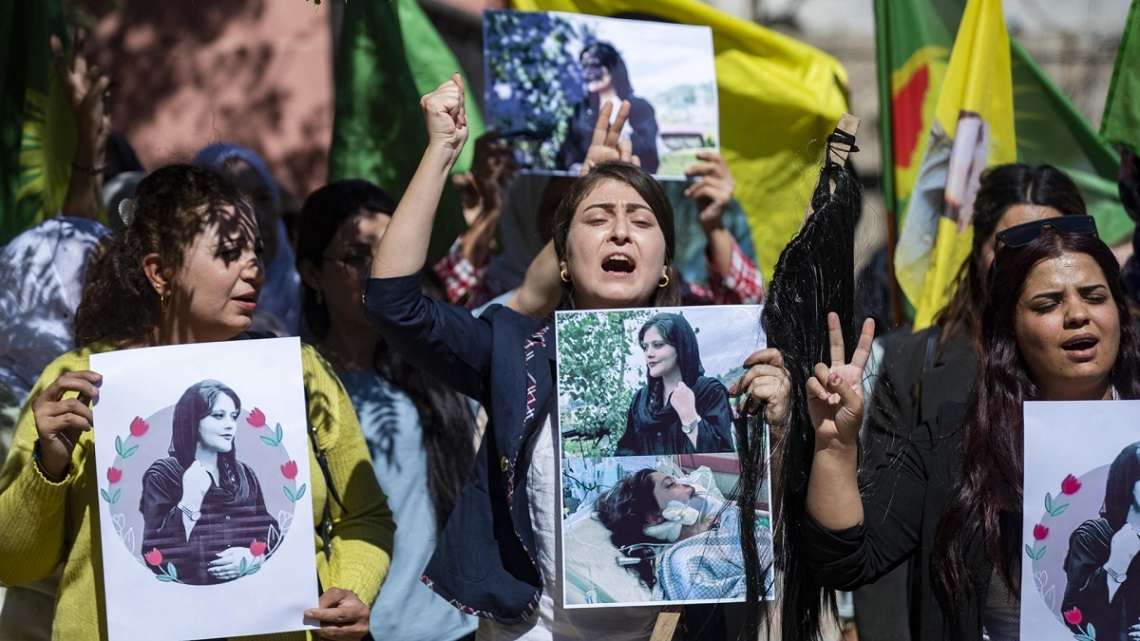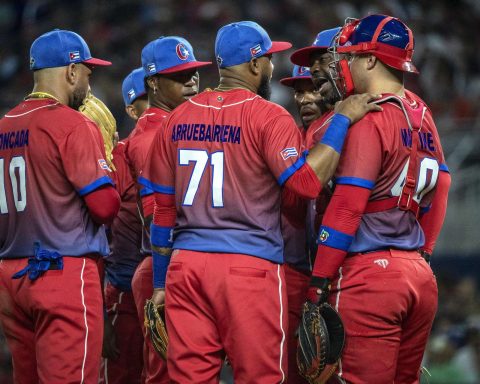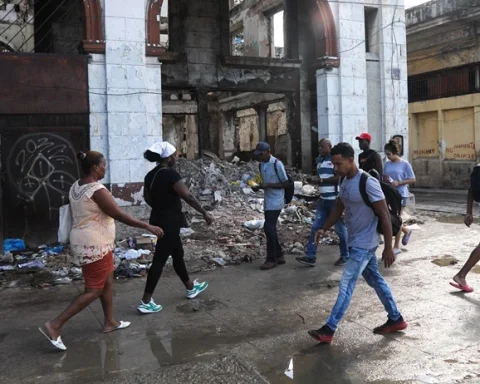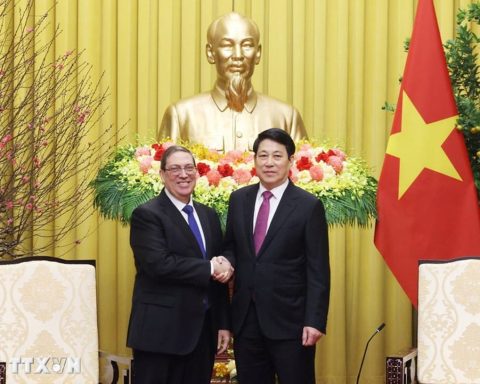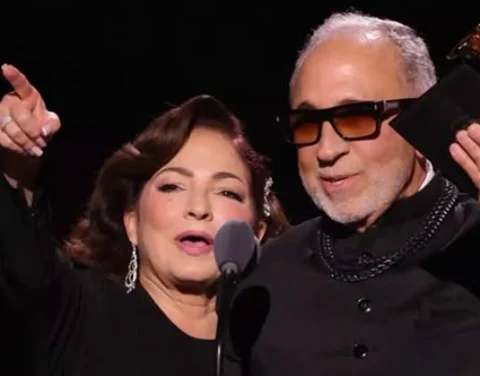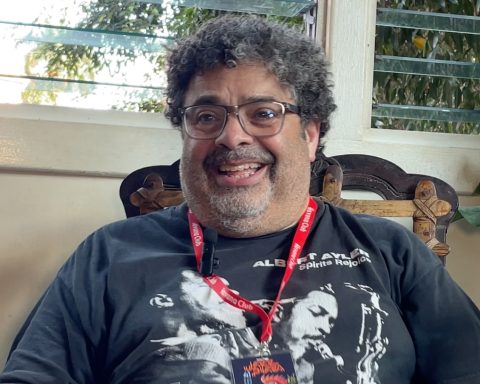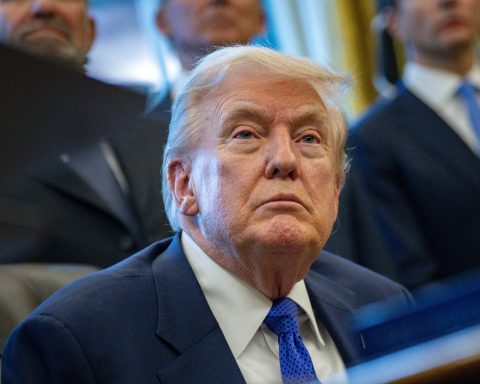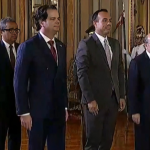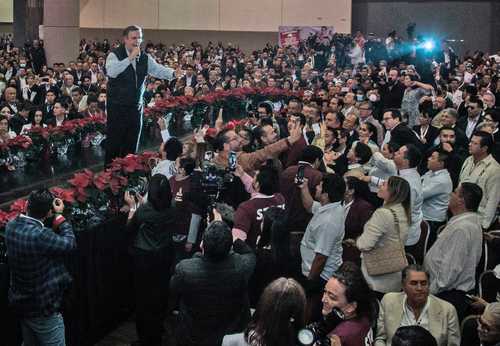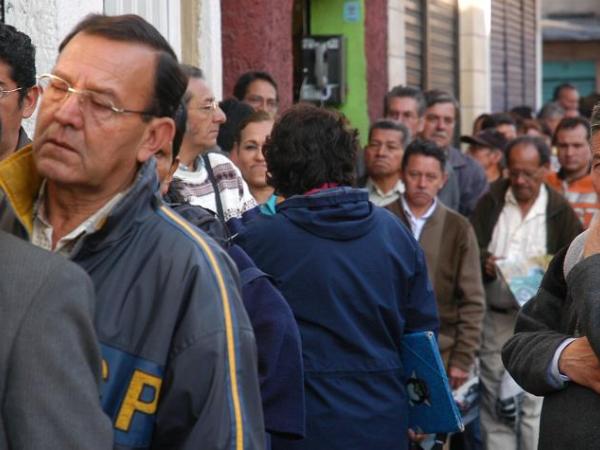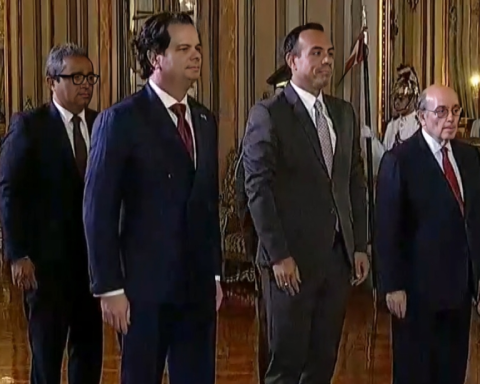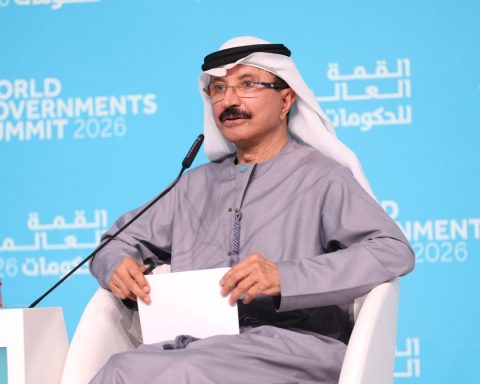The morality police Iran, whose task is to enforce the strict Islamic dress code, will be dismantled, the country’s attorney general has announced. Mohammad Jafar Montazeri’s comments, which have yet to be confirmed by other agencies and which are reproduced in the BBCthey met during an event this Sunday.
The news comes after nearly three months of protests sparked by the death of Mahsa Amini, who was detained by the unit for allegedly violating the country’s strict dress code. “The morality police have nothing to do with the judiciary” and was suppressed by those who created it, Jafar Montazeri said Saturday night, the ISNA news agency reported.
“The best way to deal with the riots is to pay attention to the real demands of the people”, mostly related to “subsistence and economic issues”, the spokesman for the presidency of Parliament, Seyyed Nezamoldin Moussavi, said on Sunday, quoted by Isna.
The announcement, seen as a gesture towards the protesters, comes a day after the authorities announced that they were reviewing the 1983 law on the compulsory hijab, adopted four years after the 1979 Islamic Revolution, which overthrew to the monarchy of the shah. It states that both Iranian and foreign women, regardless of their religion, have to veil their hair and wear loose-fitting clothing in public.
Iran has been engulfed in a wave of protests since the death on September 16 of Amini, a 22-year-old Iranian Kurdish girl who died after being detained by morality police for not wearing the headscarf correctly.
Iran’s morality police, whose task is to enforce the strict Islamic dress code, will be disbanded, according to the country’s attorney general.https://t.co/RXlbQWNFkB
– BBC News World (@bbcmundo) December 4, 2022
The authorities claim that Amini’s death was due to health problems, but according to her family, she died after being beaten. Since then, women have led the protests, shouting slogans like “woman, life, freedom”, taking off and burning their headscarves.
After 1979, “Islamic Revolution Committees”, under the Revolutionary Guards, patrolled to enforce dress codes and “morals” in Iran, according to an agency dispatch. afp.
The morality police, known as Gasht-e Ershad (orientation patrols), was created under the mandate of the ultra-conservative President Mahmud Ahmadinejad (from 2005 to 2013) to “spread the culture of decency and the hijab”, the female headscarf. . Their units are made up of men in green suits and women who wear a black chador, a garment that covers all but the face. The first patrols started working in 2006.
Gasht-e Ershad was created at the time by the Supreme Council of the Cultural Revolution, now led by ultra-conservative President Ebrahim Raisi, elected in 2021.
The announcement of the abolition of this structure was met with skepticism by Iranians on social media. An Internet user, quoted by this source, expressed his fear that the functions of this structure will be carried out by another similar body, while another recalled the strong pressure exerted by families on Iranian women.
The role of this police has varied over the years, but it has always generated divisions in the political class. Under the moderate President Hasan Rohani, in power between 2013 and 2021, it was common to see women in tight jeans and colorful veils, the French agency points out. His successor, the ultra-conservative Ebrahim Raisi, called in July on “all state institutions” to strengthen the application of the veil law.
“The enemies of Iran and Islam” wanted to “undermine the cultural and religious values of society by spreading corruption,” he declared at the time. Women who violated this strict dress code risked being arrested by the police unit. Prosecutor Montazeri announced on Saturday that “parliament and the judiciary” were examining the issue of the mandatory nature of the veil, although he did not specify whether the law was going to be modified.
The issue of the veil is still very sensitive in the Islamic Republic. On one side are the conservatives, who defend the 1983 law; on the other, the progressives, who want women to be able to decide freely whether to wear it or not.
Mahsa Amini, the young woman murdered for not wearing the hijab in accordance with government regulations, lifted up millions of Iranian women. Theirs and only theirs is this achievement, thanks to her struggles the morality police in Iran were dented ? https://t.co/ZqIDqIRZKV
— Bibiana. (@bibiana_be) December 4, 2022
Since the start of the protest movement, more and more women have taken to the streets without the headscarf, especially in the affluent north of Tehran, the capital. Iran’s main reform party called on September 24 to lift the mandatory veiling.
Iran accuses the United States and its allies, as well as its arch-enemy Israel, of being behind the protests, which it describes as “riots.” According to a latest balance released by Iranian General Amirali Hajizadeh, of the Revolutionary Guards Corps, more than 300 people have died in the demonstrations since September 16.
With information from Afp and BBC.
